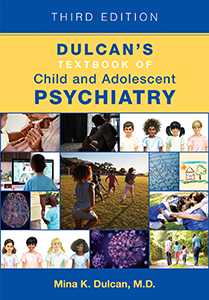Chapter 24.Child Abuse and Neglect
Sections
Excerpt
Child abuse is a serious pediatric and social problem worldwide. Although earlier studies attempted to separate the impact of physical abuse from the impact of sexual abuse, contemporary research focuses on the impact of polyvictimization because experiencing only one type of abuse is rare. The worst outcomes, including poor mental and physical health, are seen in children who experience a multitude of adversities. Prevention efforts, timely intervention, and fostering resiliency of abused children can help mitigate some of the long-term effects of abuse.
Access content
To read the fulltext, please use one of the options below to sign in or purchase access.- Personal login
- Institutional Login
- Sign in via OpenAthens
- Register for access
-
Please login/register if you wish to pair your device and check access availability.
Not a subscriber?
PsychiatryOnline subscription options offer access to the DSM-5 library, books, journals, CME, and patient resources. This all-in-one virtual library provides psychiatrists and mental health professionals with key resources for diagnosis, treatment, research, and professional development.
Need more help? PsychiatryOnline Customer Service may be reached by emailing [email protected] or by calling 800-368-5777 (in the U.S.) or 703-907-7322 (outside the U.S.).



